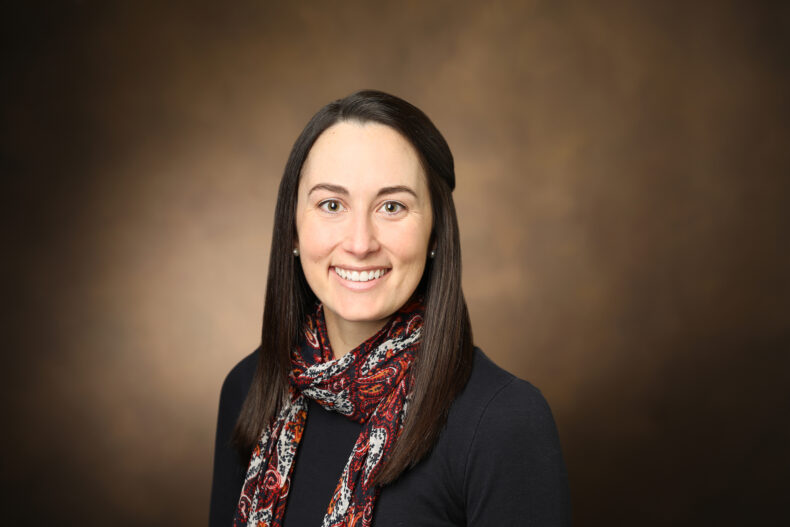
Martin Douglass, PhD, a postdoctoral researcher in the Department of Pathology, Microbiology and Immunology, has been named a 2023 Hanna Gray Fellow by the Howard Hughes Medical Institute (HHMI).
The Hanna H. Gray Fellows Program seeks to reach, recruit and retain early-career biomedical scientists from diverse backgrounds as they progress from postdoctoral positions to faculty members.
The 2023 cohort includes 25 fellows representing 18 institutions across the United States joining a community of 109 Hanna Gray Fellows. Each fellow receives up to $1.5 million over eight years to support their work from postdoctoral training and into their early faculty positions.
“We are thrilled to welcome these exceptional scientists into the HHMI community,” said HHMI vice president and chief scientific officer Leslie Vosshall in a news release. “Each of this year’s Hanna Gray Fellows has the expertise, talent, and ingenuity to make groundbreaking discoveries in the life sciences while developing and inspiring generations of scientists over their career.”
Douglass is studying how Clostridioides difficile (C. diff), a bacterium that causes diarrhea and colitis, inflammation of the colon, responds to host-mediated immune responses as part of a larger research theme of the unintended consequences of antibiotic use.
Following antibiotic treatment, gut microbiomes are cleared out, allowing opportunistic bacteria like C. diff to take advantage of available nutrients in the gut. Or, as Douglass puts it, “When mom and dad are gone, C. diff goes crazy and throws a party in the gut, causing rapid growth and eventually serious disease.”
“Being selected for this fellowship is a tremendous honor and will give Marty the opportunity to interact with other outstanding junior scientists across many fields of biomedicine,” said Eric Skaar, PhD, MPH, Ernest W. Goodpasture Professor of Pathology, Microbiology and Immunology, and Douglass’ mentor.
“The funds provided by the fellowship will allow him to pursue his interests while also taking risks that will position him to become an independent investigator in microbial pathogenesis,” Skaar said.
Born and raised in Long Beach, California, Douglass earned his undergraduate degree in Microbiology at California State University Long Beach. For his doctoral work, he joined the laboratory of Stephen Trent, PhD, at the University of Georgia, where he used genetic approaches to understand lipid transport to the outer membrane of gram-negative bacteria.
“I am honored to be awarded this prestigious fellowship,” Douglass said. “Not only will it be a privilege to work alongside a cohort of talented scientists, but I find myself excited to participate in the institute’s mission and vision.”
Douglass’ work in the lab doesn’t start and end with research. He has recently taken on mentorship duties within the Vanderbilt Institute for Infection, Immunology and Inflammation (VI4). Skaar, director of VI4, noted, “He is a leader in the lab and an outstanding role model and mentor for junior trainees.”
As a firm believer in the power of mentorship and bringing diverse voices to the sciences, Douglass said he looks forward to the community of mentors the fellowship brings.
“The most valuable asset is the mentorship I will receive from the distinguished professors associated with HHMI,” Douglass continued. “Any success or knowledge I obtain will be readily available to my mentees. And if I ever find myself lacking advice or guidance to impart on a mentee, I can connect them with one of my mentors, building a community.”
Douglass follows Skaar lab colleague Valeria Reyes Ruiz, PhD, who was named a Hanna Gray Fellow in 2021











